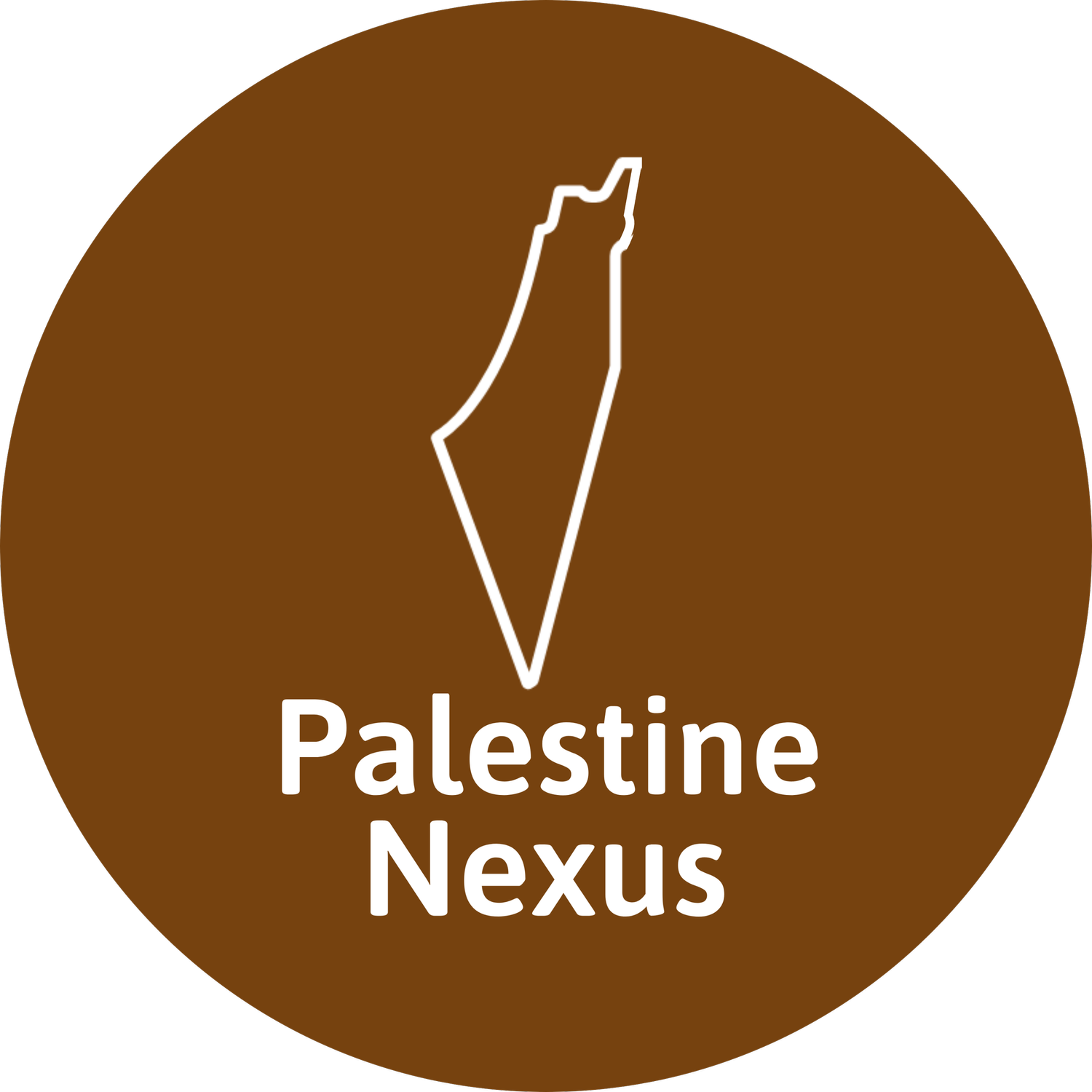How the genocide has impacted fatherhood in Gaza
The author with his father Samir Mahmood Al Qattaa receiving a swimming course certificate in Gaza on August 6, 2023. Photo courtesy of the author
November 4, 2025 — On January 18, 2025, just a day before the second ceasefire between Hamas and Israel took effect, my father and I decided to return home from Southern Buraq to the north of Gaza which we had left behind after our house was bombed. We were exhausted, not only from displacement and hunger, but from fear. But on that day, the sky was still, and for a fleeting moment, war seemed to hold its breath.
On the same day, while we were hugging my grandmother in her tent in an area between Khan Younis and Rafah, specifically near Al-Shakoush Street, thinking that it might be the last time we see her, after an hour of saying goodbye and talking, my father whispered to me and said, "Let's go, it's getting late." At the door of my grandmother's tent, we heard a strange sound, the sound of engines. We looked behind us, and then the Israeli tanks reappeared, about five or six tanks, and they opened fire. The bullets were so random that nothing was spared. We laid down on the ground to avoid the shower of bullets. I looked around but my father wasn’t there; I found him inside the tent, protecting my grandmother.
Soon after, a bullet hit one of us. I heard a voice, shouting: "I've been hit!" It was my father. He fell to the ground, his clothes soaked in blood. After the firing stopped, the situation calmed down, we pulled him into the car and took him to the hospital.
At the British Hospital in Khan Younis, a doctor said the bullet had missed a critical artery by mere centimeters. He survived, but couldn’t get the surgery he required. Something in him broke. To him, fatherhood was defined by strength, providing protection, and building a strong shield for his children.
After the injury, he realized that he wouldn't be able to play the role of father for a very long time. Fatherhood now meant staying by his children's side, rather than protecting them or providing for their basic needs. He lost hope in his ability to control his own destiny.
As of November 2, 2025, Israel had killed over 68,000 Palestinians in the Gaza Strip since October 7, 2023, including many fathers. I spoke with a number of them to learn how the genocide has impacted their fatherhood.
Abu Waleed is a 42-year-old father of four who lost both legs in an airstrike while waiting for flour in an aid distribution site. “My youngest daughter, who is 8, thinks I’m hiding my legs for fun,” he told Palestine Nexus. “I can’t bring myself to tell her this is forever.”
Once a construction worker, he now depends on donations distributed in a school-turned-shelter. “What kind of father can’t carry his own child?” he asked, his voice breaking.
Ali Al-Maghari, 35, used to work as a taxi driver in Gaza city before the genocide. He was injured in an airstrike in October last year that caused a severe spinal injury, leaving him unable to walk.
“My children ask me to play with them, but I can’t even carry them or run after them. I feel like I’ve lost half of myself,” said Al-Maghari, a father of five.
Abu Ahmed, 39, lived in a small tent in Al-Muharrarat in Rafah with his family of seven. He was a carpenter before. But the genocide claimed both his workshop and home on the same day. “How do I explain to my children that the future has become a luxury we don’t have?” he said.
In the shelters, I saw fathers trying to hold their families together. They rationed food, sang to their children to drown out the loud sounds of bombs, and smiled through grief.
Nidal Hamid used to sing lullabies to his daughters every night. One evening, his voice fell silent. He had stepped out to fetch water, but never came back.
Dr. Laila Abu Saqr, a psychologist who has been working in Gaza for 12 years explained that fathers feel their natural role has been stripped away: providing protection and food for his family. “The psychological pressure on them makes them unable to bear the current situation,” Dr. Saqr told Palestine Nexus. “A father here doesn’t just suffer from losing his home or his job, but from a deep sense of helplessness in front of his children. This helplessness leaves invisible scars that shape how he interacts with his family.”
She added that many fathers develop what she called “emotional numbness,” where they stop expressing sadness or joy in a normal way. “When survival becomes the only goal, the space for emotions shrinks, and the bond between father and children becomes simply an attempt to endure one more day,” she explained.
In Gaza, fatherhood has become a testament to fortitude, invisible wounds, and of a love that survives even when the body breaks. Every goodbye feels like a funeral in waiting.
My father once told me, “I’m not afraid to die. I’m afraid you’ll have to become like me, soon.”
Reported and written before the ceasefire took effect.
Subscribe to the Palestine Nexus Newsletter:


